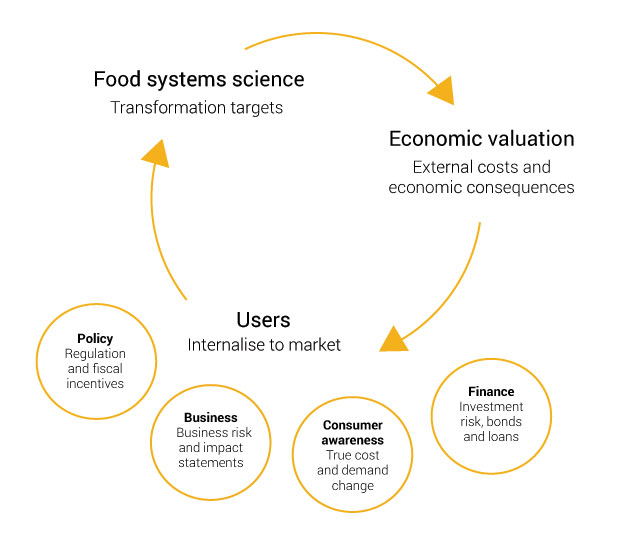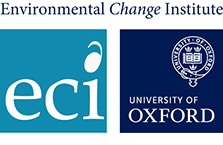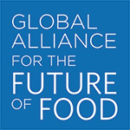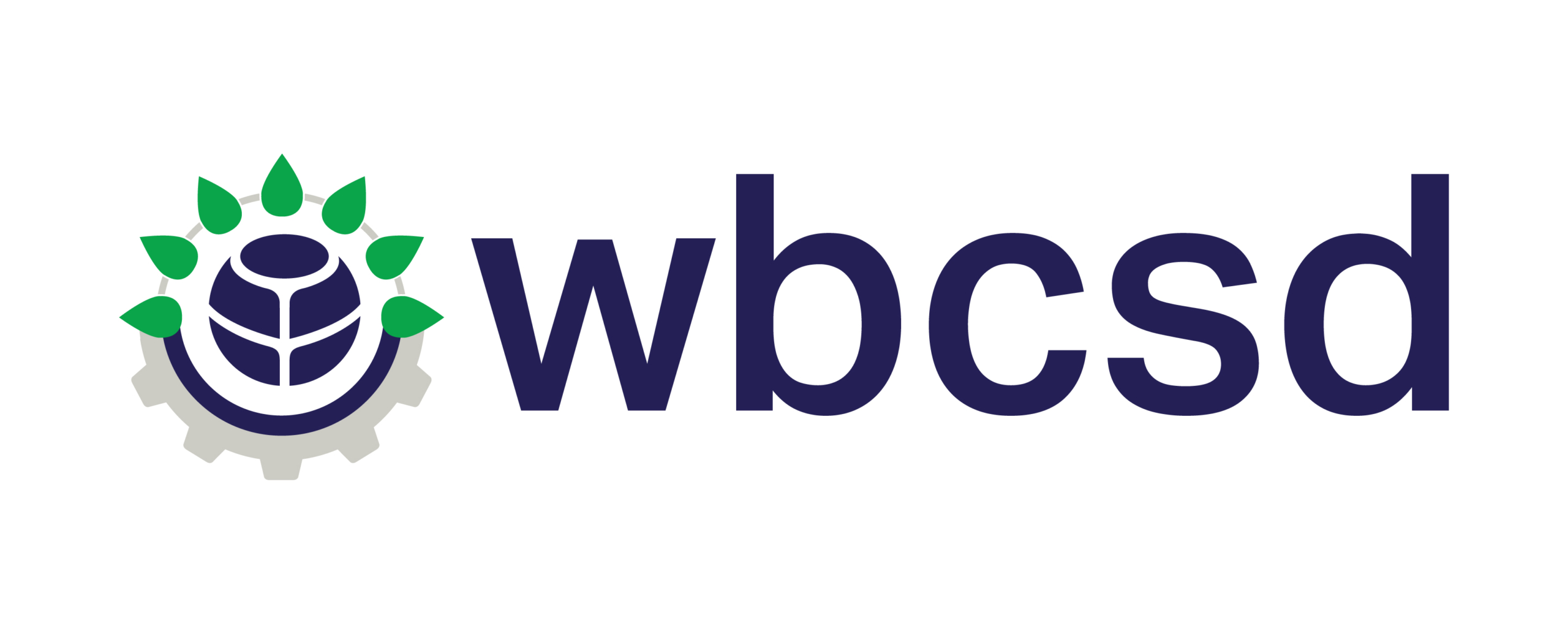“A truly extraordinary convening of people who have real influence on the food system … and who rarely (if ever) come together to chart the way forward
to greater sustainability.”
Professor Tom Tomich
Founding Director of the Agricultural Sustainability Institute and inaugural holder of the WK Kellogg Endowed Chair in Sustainable Food Systems at the University of California, Davis
What is food system impact valuation?
The food and agriculture sector creates environmental, societal, and health impacts from greenhouse gas emissions and deforestation leading to climate change, nitrogen and phosphorous emission leading to air pollution and biodiversity loss, water use leading to water scarcity, land clearing leading to habitat loss, and poor diets leading to obesity, diabetes, and chronic disease.
Impact valuation places an economic cost on the impacts of the food and agricultural sector.
How does this approach create change?
Leading companies in the food and agricultural sector now report their impacts as part of their financial reporting. Impact valuations are used in the reporting. Investors concerned about the risks to society that the impacts cause, and the future value of companies that are not shifting toward sustainable low impact operations, use the reports to decide which companies to invest in.
Government policy for the food and agricultural sector is also considering the cost of impacts in cost benefit analysis of sustainable food and agriculture policies. One example is the public procurement of food, where determining the best value in public procurement takes into account the cost of impacts. Another example is repurposing government spending on agricultural subsidies, where the economic benefits of the spending need to be compared to the economic costs of the impacts it produces.
The “hidden cost” of food, or the “true cost of food”, have become popular terms to describe the economic cost of impacts. Comparing the “hidden cost” of goods to the supermarket price, or comparing the “hidden cost” of a national agricultural sector to the value add of the sector, have become communication tools for the lack of sustainability of the global food system.
Transforming the food system
Impact valuation can help harness the dynamics of economic markets for food system transformation.
Investors allocating their capital to more sustainable food and agricultural companies, government paying farmers to produce food with lower impacts, and consumers shifting their spending away from goods that have large “hidden costs”, are examples of what are called internalisations. The economic cost of the impacts of the food and agricultural sector are usually borne by those who did not produce or benefit from the impact, and internalisation reflects the economic cost back on the producer or beneficiaries of the impact. Impact valuation indicates how much internalisation is required.
Investors that shift capital to sustainable companies are increasing the costs of capital to unsustainable companies. Governments reducing support to agricultural production with high impacts makes that production more expensive. Consumers shifting their spending away from high impact goods reduces revenue to the makers of those goods. Internalisation provides incentives in the market to sustainable, lower impact production, and the reorganisation of the market around the incentives contributes to transforming the food system.
The final part of the cycle is how food system transformation acts on impact valuation. It does so by defining what is impact. Nitrogen emissions from any amount of synthetic fertiliser application will contribute to air pollution, productivity losses, and a loss of value. At the same time synthetic fertiliser application has raised the standard of living globally and produced immense value. At what point does the further application of synthetic fertiliser become detrimental, and the increasing costs of air pollution outweigh the benefits to agricultural yields? Science that can estimate the formation of particulate matter from fertiliser application and the dose received by nearby human populations, in combination with economics that can estimate productivity losses, can inform the point at which further application of synthetic fertiliser is detrimental and a net economic cost.
FoodSIVI Transformation Cycle of Food System Science, Valuation and Users

Food system science indicates a loss of economic value. It also sets scientific targets, for example the target of 1.5 degrees set by climate scientists. Valuation accounts for the value loss that is presently not costed into the economic system. The valuation informs internalisation, helping the food system shift towards targets.
What is the purpose of FoodSIVI?
The purpose of FoodSIVI is to contribute to food system transformation.
FoodSIVI performs research estimating the economic costs of impacts. The economic cost of impacts can be difficult to determine. They are not measured by standard accounting and economic indicators. They are also not set or discovered in markets like the ordinary costs of good and services. Data collection, environmental and health sciences, and mathematical modelling is required to determine credible and consistent costs that can be used in reporting to investors and in public policy cost-benefit analysis.
FoodSIVI convenes events to connect research and datasets on economic costs of impacts to the economic actors that can internalise costs to markets. Civil society organisations promoting the true cost of food, companies reporting their impacts to investors, and government bodies, sponsor FoodSIVI research and attended FoodSIVI events. The FoodSIVI annual meeting has also become a forum showcasing examples of internalisation and discussing standardisation for impact reporting and public accounting.
Engaging market actors through incentives for a sustainble low impact food system can produce rapid change at scale. Economic markets do not necessarily distribute the incentives equitably. Contribution to a just transformation of the food system requires that cost-bearing by those with less market power is addressed equally by internalisation and incentives. FoodSIVI performs research in inequity indicators of cost-bearing of impacts.
FoodSIVI is an important initiative that is providing a forum for critical evidence on how economics and food systems science can transform food systems. Not an easy task, but one in which FoodSIVI is bringing the best actors together to provide solutions.
Dr Jessica Fanzo, Bloomberg Distinguished Associate Professor of Global Food & Agricultural Policy and Ethics at the Nitze School of Advanced International Studies (SAIS), the Berman Institute of Bioethics, and the Department of International Health of the Bloomberg School of Public Health at Johns Hopkins University










